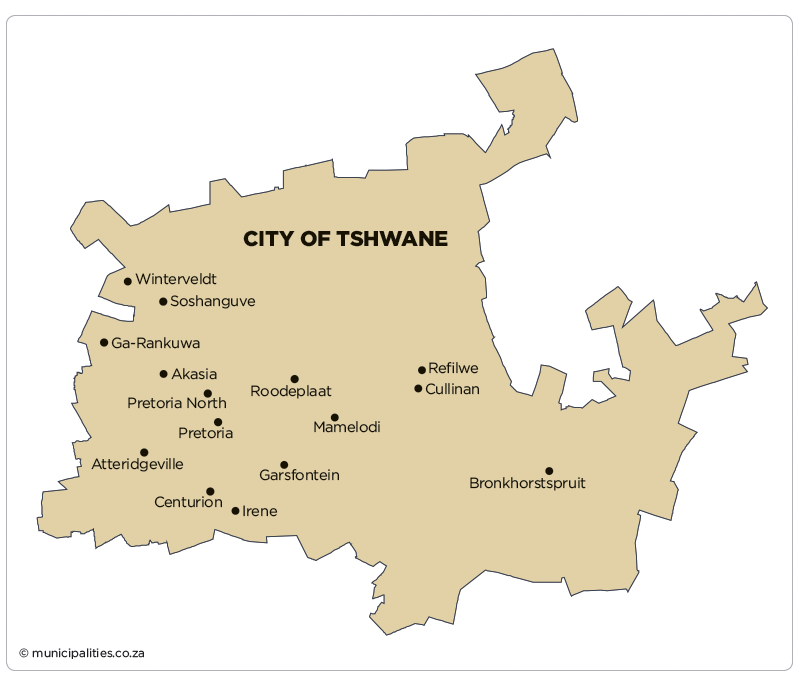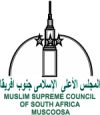Geography, History & Economy

MDB code: TSH
Description: The City of Tshwane Metropolitan Municipality is a Category A municipality situated in the Gauteng Province. It merged with the Metsweding District, which was a consequence of the Gauteng Global City Region Strategy to reduce the number of municipalities in Gauteng to at least four by 2016. The City of Tshwane is the single-largest metropolitan municipality in the country, comprising seven regions, 105 wards and 210 councillors.
Pretoria is the capital of South Africa. It has the second-largest number of embassies in the world after Washington DC. Many embassies thus call this city their home. The Union Buildings house the administrative hub of the country and have also been the setting for the presidential inaugurations of Nelson Mandela, Thabo Mbeki and the incumbent South African president, Jacob Zuma. These sandstone buildings offer beautiful views over the City.
Its rich and colourful heritage is reflected in the City’s myriad of museums, monuments and historical buildings, and is punctuated by contemporary arts and crafts markets, bringing the City alive with a unique blend of new and old. The Science and Technology Museum offers a tactile experience of science at work. The South African mint has a minting press dating back to 1892 that is still in operation.
The City also offers township sleepovers with a five-star stay. Church Square and the State Theatre often host international and national performances. There are also two nature reserves where visitors can view wildlife such as buffalo, antelope, cheetah, jackal, giraffe and sable.
Area: 6 298km²
Cities/Towns: Akasia, Atteridgeville, Bronkhorstspruit, Centurion, Cullinan, Ekangala, Ga-Rankuwa, Garsfontein, Hammanskraal, Irene, Kudube, Mabopane, Mamelodi, Pretoria, Pretoria North, Rayton, Refilwe, Roodeplaat, Soshanguve, Temba, Winterveldt
Main Economic Sectors: General government (28.1%), finance, insurance, real estate and business services (24.7%), manufacturing (13.0%), wholesale and retail trade, catering and accommodation (11.9%), transport, storage and communication (10.3%), community, social and personal services (5.2%), construction (3.5%), electricity, gas and water (1.9%), mining and quarrying (0.7%), agriculture, forestry and fishing (0.5%)
